|
Introduction of the artist:
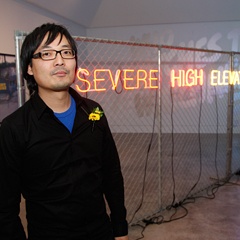
Ron TERADA (Canada)
Born in 1969, Vancouver, Canada. Lives and works in Vancouver. Selected solo
exhibitions: 2011 Museum of Contemporary Art, Chicago / 2011 Justina M, Barnicke
Gallery, University of Toronto / 2010 Hayward Gallery, Project Space, London /
2010 Walter Phillips Gallery, The Banff Centre, Canada / 2010 Ikon Gallery,
Birmingham, UK / Selected group exhibitions: 2012 When Attitudes Became Form
Become Attitudes, CCA Wattis Institute for Contemporary Arts, San Francisco /
2012 Art Histories, VOX, Montreal / 2011 Shore, Forest and Beyond: Art from the
Audain Collection, Vancouver Art Gallery / 2010 It Is What It Is, National
Gallery of Canada, Ottawa / 2010 Act V: Power Alone, Witte De With,
Rotterdam.
Introduction of works:
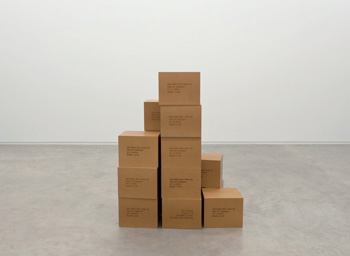
Who I Think I Am, installation, dimensions variable, 2011, courtesy Catriona
Jeffries, Vancouver

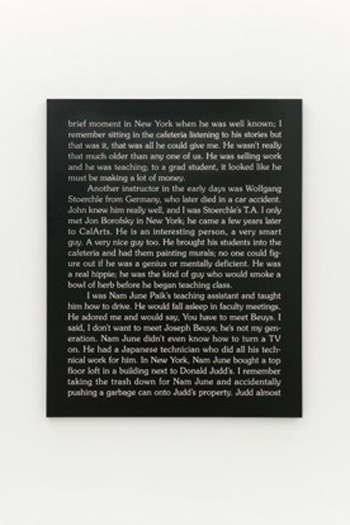
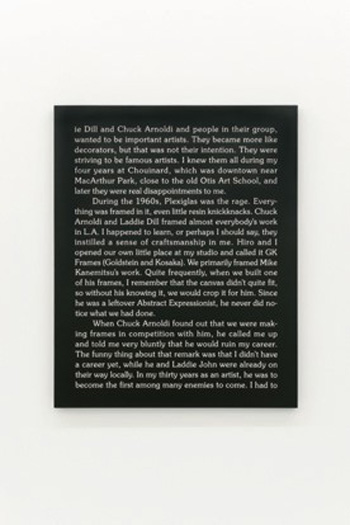
Jack, arylic on canvas, 102×81cm each, 2007, courtesy Catriona Jeffries,
Vancouver
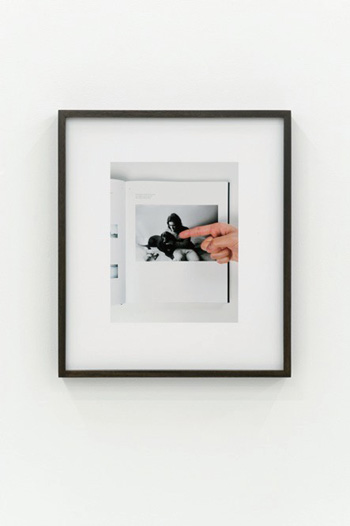
Who I Think I Am, pigment ink print, 56.5×48cm, 2010, courtesy Catriona
Jeffries, Vancouver
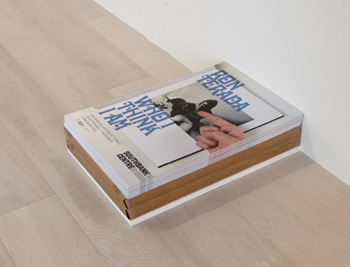
Who I Think I Am, off-set print on uncoated paper, 58×42cm, 2010, courtesy
Catriona Jeffries, Vancouver
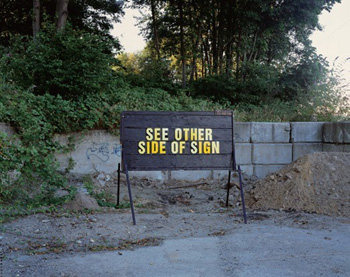
See Other Side of Sign, pigment ink print, 112×140cm, 2006, courtesy Catriona
Jeffries, Vancouver
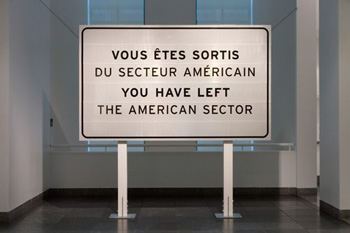
You Have Left the American Sector, vinyl on extruded aluminum, galvanized
steel, wood, paint, 305×305×41 cm, 2005, courtesy
Catriona Jeffries,
Vancouver
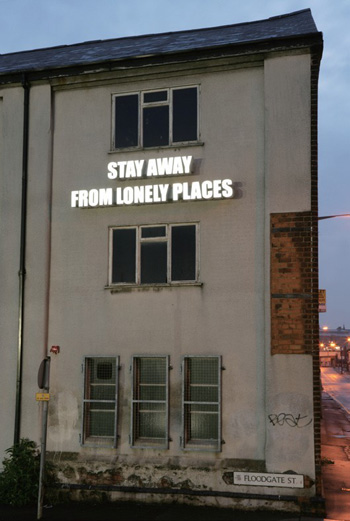
Stay Away From Lonely Places, white neon, brushed aluminum, plexiglas, wood,
paint, 2005-2006, courtesy Catriona Jeffries, Vancouver
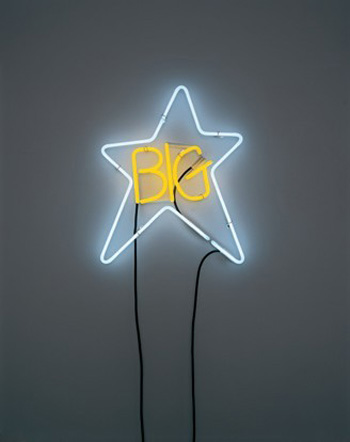
Big Star, gold and white neon, 58.5×46cm, 2003, courtesy Catriona Jeffries,
Vancouver
Canadian artist Ron Terada has developed a practice whereby he explores and
challenges the institutions of painting, the “photoconceptual school” that is
predominant in his native Vancouver and the notion of the object in art. His
early work consisted of brief texts drawn from popular culture painted on
monochrome backgrounds, conflating representation – the texts were often
descriptions - with the implied autonomy of abstraction. More recently, while
still focusing on the way that language is used, Terada has more or less moved
away from painting, preferring material drawn from non-art life, such as
signage, advertisements and publications.
Terada is renowned for an exhibition he made in 2003 at Vancouver’s
Contemporary Art Gallery based entirely on its own promotional material –
sponsors’ logos, branding and so on - thus effectively dematerializing the art
object. His work seen here is a kind of philosophical rejoinder. A sculptural
piece, made from MDF, it resembles a stack of cardboard boxes inscribed with the
words ‘Who I Think I Am’. The original boxes actually were from a printing
company that made and delivered the catalogues for Terada’s recent exhibition at
Ikon Gallery (Birmingham, UK) - and so the words are the title of the
exhibition. They suggest individuality and self-analysis but then these boxes
could not be more alike in their blankness. They allude to Andy Warhol’s Brillo
boxes, thus evoking Popism, but their kind of humour is very different. It is
wry, deadpan, and mixed with melancholy, as detached as it might be extremely
personal.
| 
